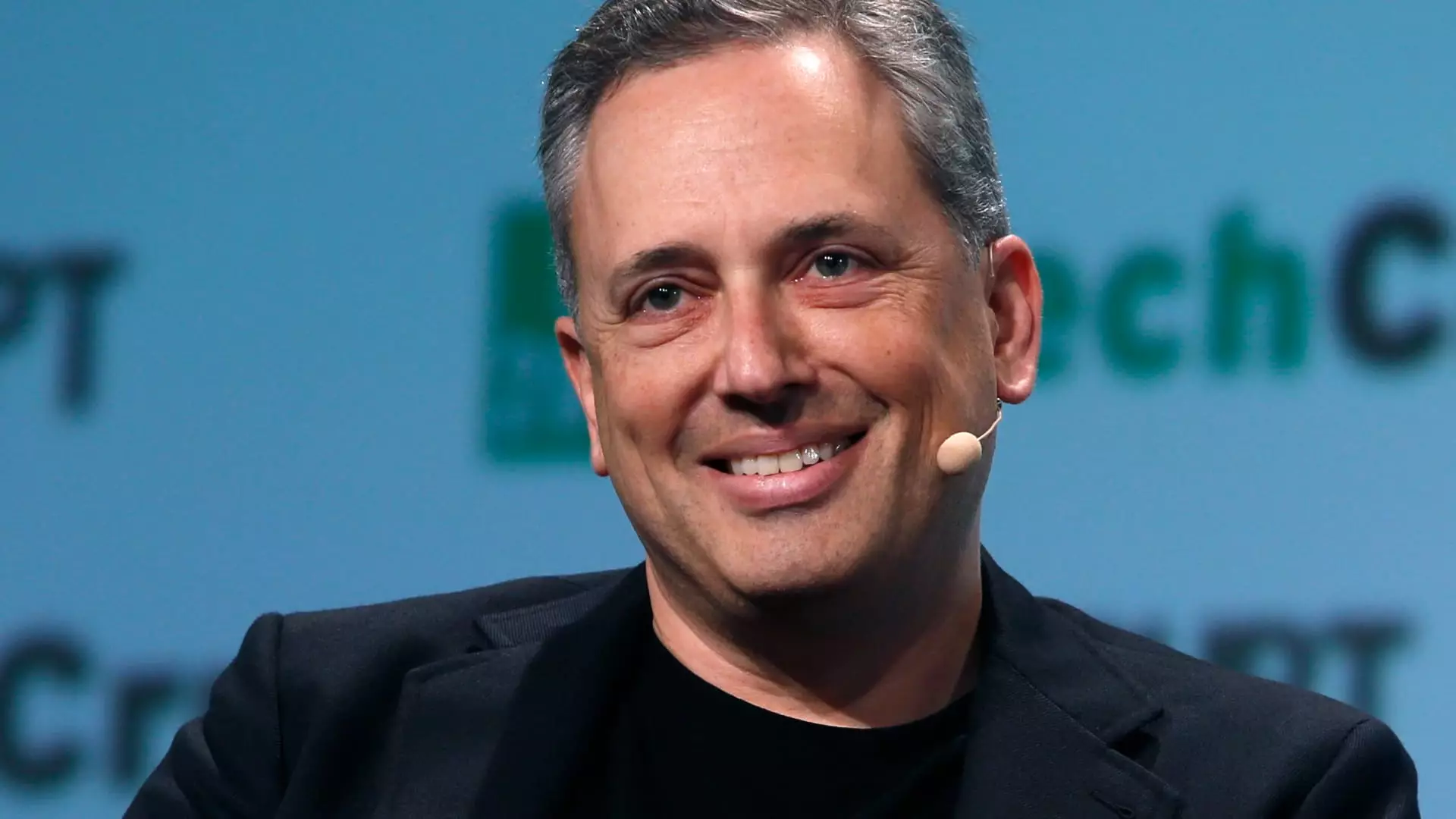The announcement of David Sacks as the “White House A.I. & Crypto Czar” marks a significant moment in the intersection of technology and politics. As President-elect Donald Trump confirmed via Truth Social, Sacks is expected to direct the administration’s approach to burgeoning fields like artificial intelligence and cryptocurrency. His role will encompass shaping a legal infrastructure for crypto markets while convening a presidential council focused on science and technology. This appointment reflects a calculated strategy by the incoming administration to leverage expertise from influential Silicon Valley figures who have rallied behind Trump, signaling a commitment to innovation within regulatory frameworks.
Sacks’ affinity for Trump has been notably transformative. Once a vocal critic—blaming the former president for the Capitol insurrection on January 6, 2021—he has transitioned into a key supporter, even orchestrating a lavish fundraiser at his San Francisco residence to bolster Trump’s campaign. This evolution underscores a broader trend within tech circles, where many leaders and investors are recalibrating their political alliances to align with policies favorable to technological advancement and entrepreneurial priorities. The administration’s endorsement of Sacks suggests a proactive agenda favoring crypto advocates, which may lead to a regulatory environment that prioritizes innovation over strict controls.
Trump’s messaging regarding Sacks also highlights the administration’s intent to champion “Free Speech” in the digital landscape, a pressing concern among conservatives wary of perceived biases from major tech platforms. By positioning Sacks to safeguard these principles, the administration aims to rally support from those who feel marginalized by tech giants. This emphasis presents an intriguing narrative as it intersects with the realities of regulating powerful tech companies while promoting unfettered discourse online.
Sacks is not just a political figure; he has deep roots in the tech ecosystem, often associated with the so-called “PayPal Mafia.” This informal group comprises prominent technologists and investors—including Elon Musk and Peter Thiel—who have undergone significant influence in shaping Silicon Valley. Sacks’ experience as a successful entrepreneur, particularly following the $1.2 billion sale of Yammer to Microsoft, establishes his credibility in the realm of tech and investment. Notably, his role in the influential “All-In” podcast has allowed him to forge critical discussions around investment strategies, economy, and innovation, bolstering his stature as a thought leader.
As the Trump administration prepares to embark on this journey with David Sacks at the helm of AI and cryptocurrency initiatives, the landscape of technology policy is poised for transformation. The convergence of entrepreneurial spirit with political strategy may very well dictate the future direction of American innovation in these fields. The implications of Sacks’ leadership extend beyond Silicon Valley, affecting a broader spectrum of investors, developers, and consumers as they navigate the evolving digital economy. As we await the unfolding of these developments, one thing remains certain: the interplay of technology and politics will continue to redefine our societal constructs.


Leave a Reply